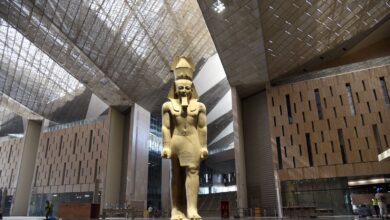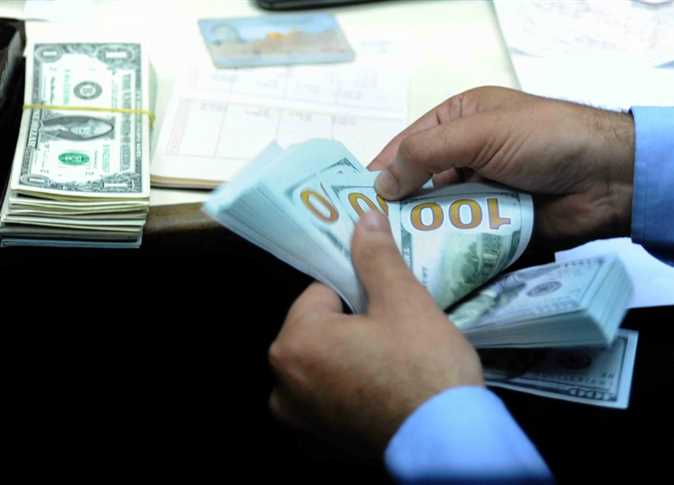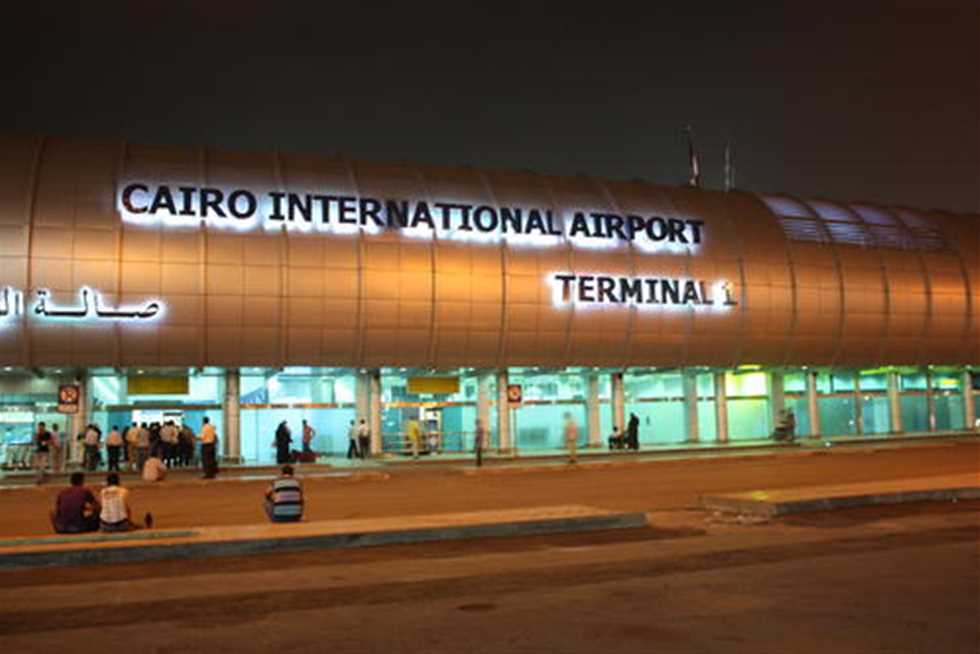The saga sparked by the Egyptian government’s sale of Omar Effendi–once Egypt’s most popular commercial outlet–is yet again causing controversy, four years on, as another ownership change appears imminent.
As a company in the public limelight, the details of the sale are bound to bring very specific questions on privatization to the public eye.
The Saudi owner, Anwal–who bought the Omar Effendi–is set to hand over the retailer to the Arab Company for Investment and Development (AICR), an Egyptian enterprise. The government is just now bringing up breach of contract issues that are stalling the handover, a process that could have began four years ago.
Like any country in the transient state of decentralization and privatization, Egypt is bound to experience uncomfortable, post-pubescent growing pains, largely pertaining to labor unrest and, occasionally, wasted public funds. In 2006, the general expectation was that Omar Effendi would usher itself through all the traditional steps: labor would be reshuffled, supply chains streamlined, the inefficiencies of state-run enterprises rectified, and waste decreased.
Looking at the last four years, analysts describe the sale of Egypt’s largest and most prolific middle-class retailer as total “waste”.
According to the original deal, Anwal was allegedly obligated to preserve the operations of all Omar Effendi brands, limit their layoffs to 1200 employees with guaranteed severance packages, and immediately inject an additional LE200 million of working capital into the company to pay off lingering liabilities.
Media reports say complaints to the public prosecutor over the post-Omar Effendi deal indicate that around 5000 employees were laid off and 36 branches in prime locations sold, while the operations of the company were–plain to see–driven to the ground.
“You don’t need me to tell you how we’re doing. Just go to any of our stores, they used to be fully stocked, now their empty,” Khaled, a manager at Omar Effendi said.
Throughout 2009, Omar Effendi workers have staged strikes to protest salary discrimination. The employees complained of salary disparity between the department store's old employees and new hires.
Current and former employees in recent months have also voiced criticism over the branch sales and mass, uncompensated lay-offs. All “secured” employees such as Khaled, are also understandably on edge due to the company’s recent instability.
“All we know is what we read," he said. "I’m supposed to be in a managerial position and I don’t know anything about the deal. We are waiting from someone higher up to explain the situation and way forward. Until then, we read the papers."
While it seems like Anwal may have been more interested in Omar Effendi’s assets and prized real estate than its operations, speculation abounds over Anwal CEO Jamil Qanbeet's decision to exit the company now. An EFG Hermes analyst, who requested anonymity, does not see it as a lack of confidence in the Egyptian market as Omar Effendi’s position remains strong due to it’s visibility and broad consumer base.
“Jamil (Qanbeet) may well have found out post-acquisition that he purchased a can of worms from the government that was more mismanaged than he thought," the analyst said. "He may have genuinely lost faith in Anwal’s ability to maintain the company."
Former Minister of Investment Mahmoud Mohieldin previously indicated that much of the company's public assets are under duress and beyond the ability of private investors to restructure. His comments intended to rationalize the decision to end the sale of public assets.
Some analysts believe the resurgence of the case has more to do with public relations, rather than a sudden desire to enforce sound regulatory practice.
“This is a contentious deal from the beginning and has endured much public criticism," says Ahmed al-Naggar, an economist at Al-Ahram Center for Political and Strategic Studies. "Now that it is in the public eye-again, the Ministry of Investment does not want to seem implicit in any contractual defaults incurred by Anwal over the past few years.”
Director of the Egyptian Center for Economic Studies (ECES), Magda Qandeel, believes Omar Effendi is a quintessential misapplication of the government’s theoretically progressive privatization program. The program is reaching a standstill because “bad deals, shady profiteering, and the lack of enforced parameters,” have altered public opinion against it, Qandeel argues.
According to Qandeel, the failure of this deal, like many others, to improve companies that were a financial and operational burden on the public sector, underlies a failure of the government to exact the privatization program. “The onus is on them [the government] not the buyers, to preserve public funds and enforce labor rights,” she said.
“People are against privatization because of corruption and ill-executed deals, and end up thinking that the act of privatizing is in and of itself the problem.”
Qandeel noted that ECES research points to the fact that Egypt still stands to benefit greatly from privatization and financial decentralization. This will increase government efficiency by releasing them from the burden of running so many large-scale companies, and allowing assets–like Omar Effendi–to grow on a more sound economic footing, ensuring it’s long-term competitiveness and stability, Qandeel added.
The Egyptian Central Auditing Organization is due to issue a report on 17 November, as well as a resolution on the district attorney’s notification to the public funds prosecutors on Anwal’s violation of its original contract with the government.
In the meantime, employees, who are the most broadly and directly affected stake-holders, also wait. “We just want our rights, and that’s all we hope comes out of this inquisition,” Khaled said.
Founded in 1856 and known as Orosdi-Back, Omar Effendi was an early sign of Egyptian opportunity for foreign and local business ventures. By 2006, Omar Effendi boasted 83 branches throughout Egypt.




